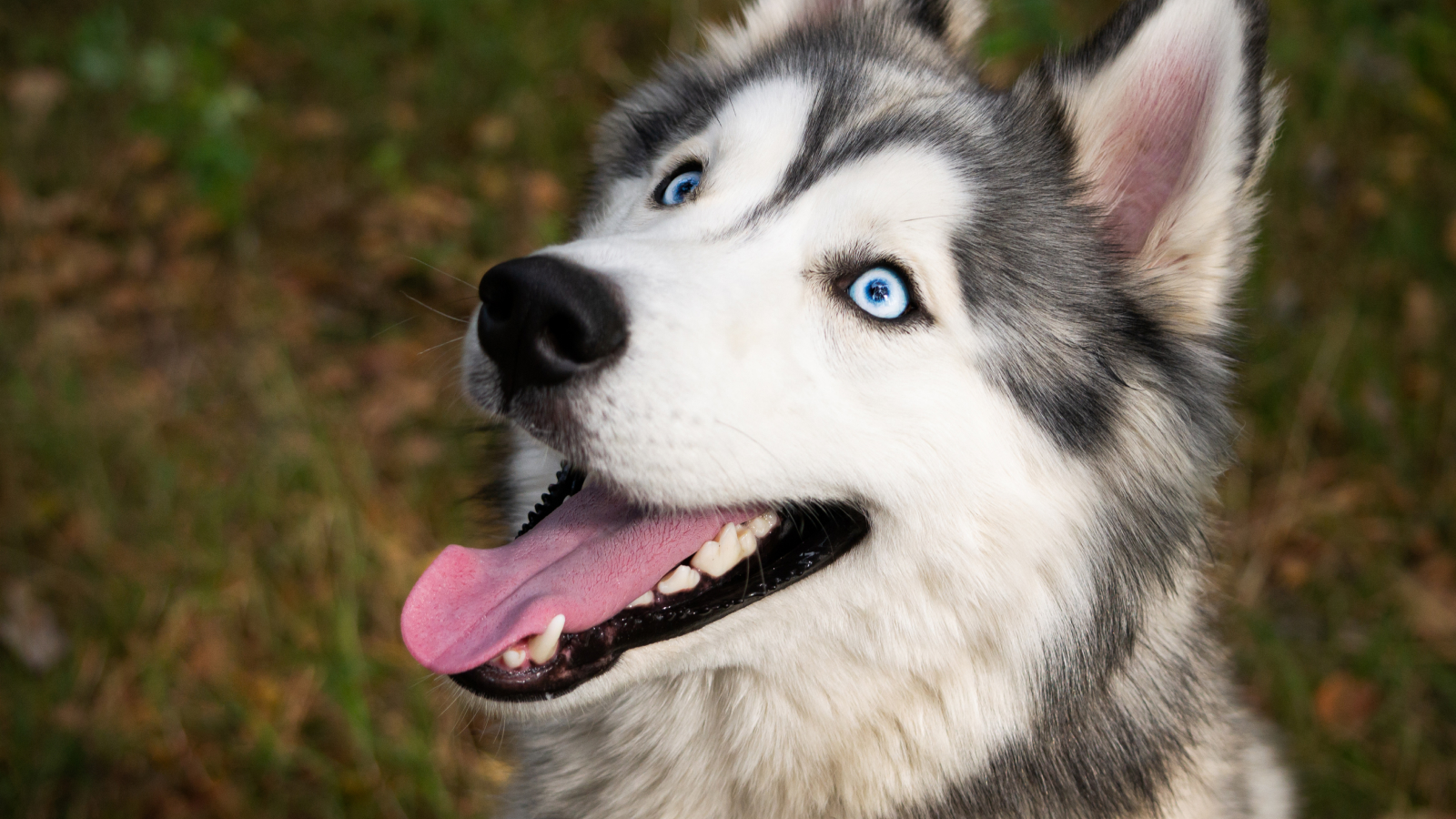Kids Who Own Dogs Are More Active
When little Johnny or Molly asks for a puppy for their birthday, parents may want to give in. New research in England suggests children whose families own dogs are more active than those without a furry friend running around.
The research could have implications for childhood obesity in the United States, where 17 percent of 2- to 19-year-olds are obese, according to a 2007-2008 survey by the Centers for Disease Control and Prevention (CDC). Among 6- to 19-year-olds, obesity has tripled over the past two decades, according to the CDC.
The researchers from St George's, University of London used activity monitors to record movement levels of 2,065 children ages 9 and 10 over the course of seven days. The kids came from 78 schools in London, Birmingham and Leicester, 202 of whom owned dogs.
Results showed children with dogs spent an average of 325 minutes (more than five hours) doing physical activity per day, 11 more minutes than those without household dogs. This included time spent in light, moderate, moderate to vigorous, and vigorous activity. Dog owners also spent 11 fewer minutes (562 minutes over the seven-day stint) in sedentary behavior each day. The pet owners were found to take 360 more steps (4 percent) than the other kids.
"The more active lifestyles of children from dog-owning families [are] really interesting – is it that owning a dog makes you more active or that more active families choose to have a dog?," said lead researcher Christopher Owen, senior lecturer in epidemiology, in a statement. "It's a bit of a chicken and egg question. Long-term studies are needed to answer it, but it may be a bit of both."
Owen noted that previous studies comparing adults' activity levels before and after getting a dog have found people do tend to become more active afterward.
"If children really are going for walkies with their dog, this may be one way to encourage more kids to be active," Owen said.
Sign up for the Live Science daily newsletter now
Get the world’s most fascinating discoveries delivered straight to your inbox.
The exercise boost may also help the pups, as recent research has shown dogs are also battling the bulge and that human diet tricks may help.
The study, published in the American Journal of Public Health, was carried out as part of the Child Heart And health Study in England (CHASE), a St. George's project examining the health of about 5,000 primary school children living in London and the Midlands. The study is being undertaken with the support of The Wellcome Trust.
- Heavy Hounds: A Gallery of Portly Pooches
- 10 Things You Didn't Know About Dogs
- 3 Simple Steps Can Cut Childhood Obesity













